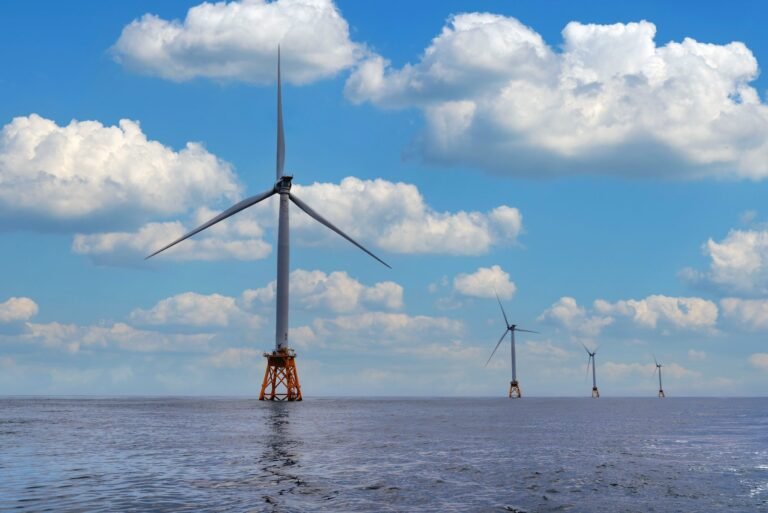President Trump Signs Executive Order to End Wind and Solar Subsidies
President Donald J. Trump signed an Executive Order on Monday aimed at eliminating subsidies for wind and solar energy in furtherance of the recently enacted One Big Beautiful Bill Act (OBBB).
The order directs the Secretary of the Treasury to terminate clean electricity production and investment tax credits for wind and solar facilities under sections 45Y and 48E of the Internal Revenue Code, while implementing enhanced Foreign Entity of Concern (FEOC) restrictions.
Additionally, the Secretary of the Interior is required to review and revise any regulations providing preferential treatment to wind and solar facilities compared to dispatchable energy sources, such as fossil fuels and nuclear power.
“Ending the massive cost of taxpayer handouts to unreliable energy sources is vital to energy dominance, national security, economic growth, and the fiscal health of the Nation,” states the executive order.
Both Cabinet officials must submit reports within 45 days detailing findings and actions taken to implement the order.
The executive order follows the OBBB, which phased down tax credits for wind and solar based on a beginning-of-construction standard. The House version had originally proposed terminating these credits for facilities not in service by the end of 2027.
However, the BlueGreen Alliance strongly criticized the move. In a statement, Executive Director Jason Walsh said, “Donald Trump said on the campaign trail he was going to bring costs down and help working people. Instead, he just signed a huge tax cut for billionaires that’s going to cost working Americans money, jobs, their health, and our future.”
The BlueGreen Alliance claims that the law will put people out of work, shutter critical projects, limit American competitiveness globally, and could increase household energy costs by $400 a year within the next decade.
For the maritime industry, this policy shift could significantly impact offshore wind development projects and associated vessel deployment, potentially altering supply chains and vessel requirements for energy projects in U.S. waters. The enhanced FEOC restrictions may also affect international maritime partnerships in the renewable energy sector.
Subscribe for Daily Maritime Insights
Sign up for gCaptain’s newsletter and never miss an update
— trusted by our 109,101 members

